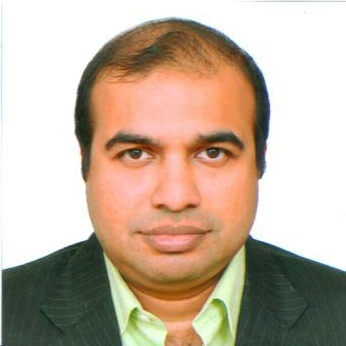Data analytics is a demanding field and industry is looking for potential employees who are having a practitioners approach to data analytics. This course is aimed at providing exposure to various tools and techniques along with relevant exposure to appropriate problems so that the know-how and do-how aspect of analytics, which is required by industry can be fulfilled. The course also aims at introducing various applications with the involvement of real-life practitioners so that appropriate exposure to audience who intend to build a career in this area is possible.
INTENDED AUDIENCE : Students of all Engineering and Science disciplines.
PREREQUISITES : The student should have completed fivesemesters of UG Engineering or Science program.
INDUSTRY SUPPORT : Analytics companies – Mu Sigma, Cisco, EXL analytics, KPMG, Ernst & Young, etc. Financial companies - CapitalOne, SBI Cap, ICICI, Amex, etc. Banking sector – SBI, UBI, Reserve Bank, HDFC, HSBC, Canara Bank, Yes Bank, etc.



DOWNLOAD APP
FOLLOW US